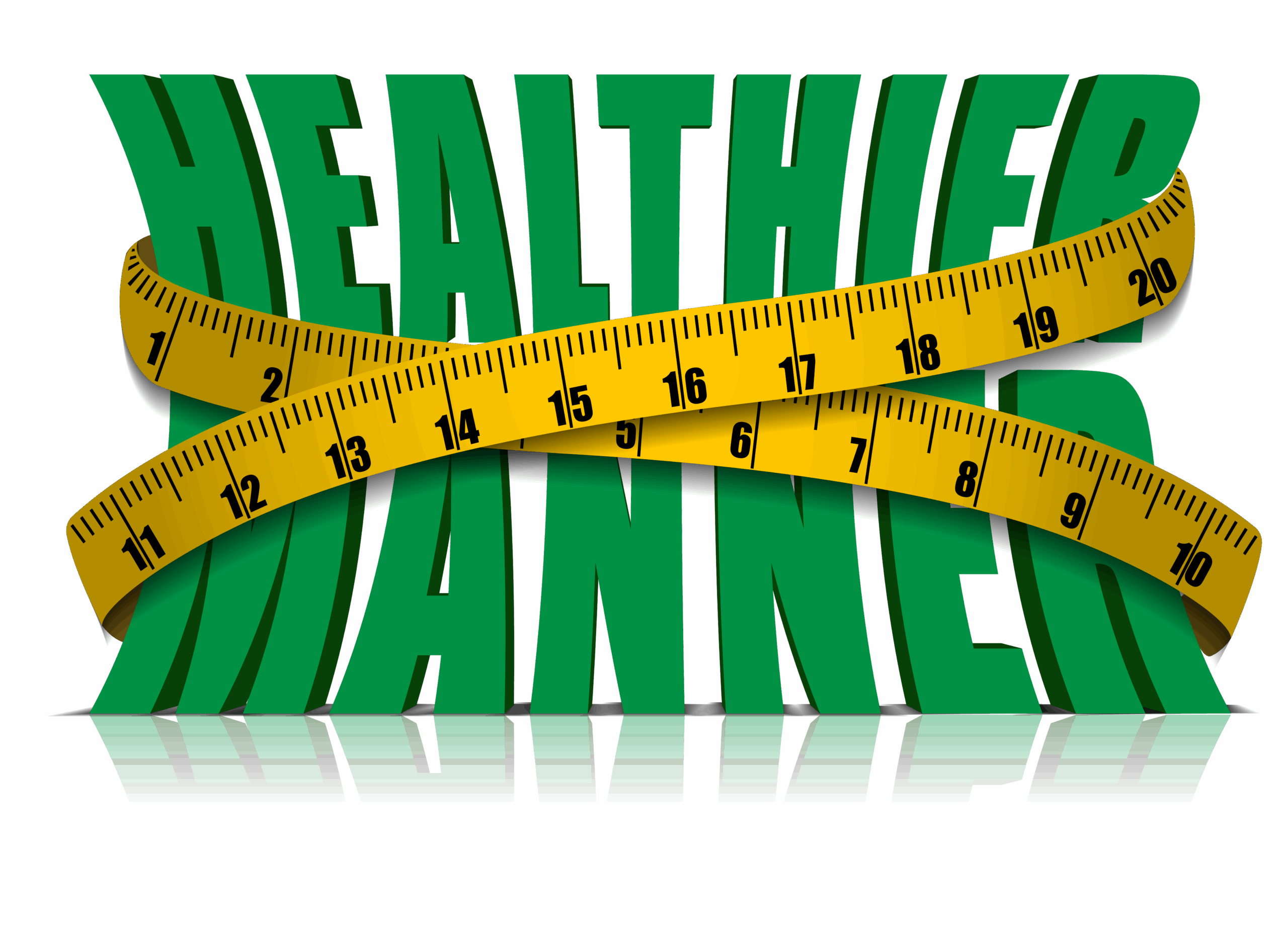Types of Weight Loss Supplements Over-the-Counter That Actually Work Naturally
Many individuals in the US turn to over-the-counter (OTC) supplements as potential aids for weight loss. However, it’s very crucial for individuals to discern which supplements are effective and safe. Therefore at Healthier Manner, we prioritize dietary products that provides accurate and comprehensive information to help you make informed decisions.
However this article delves into various types of OTC weight loss supplements, examining their mechanisms, efficacy, and safety profiles.
Understanding OTC Weight Loss Supplements
OTC weight loss supplements are non-prescription products designed to assist in weight energy management and they typically function through one or more of the following mechanisms:
- Appetite Suppression: Reducing hunger sensations to decrease calorie intake
- Metabolism Enhancement: Increasing the body’s energy expenditure to burn more calories.
- Fat Absorption Inhibition: Preventing the digestion and absorption of dietary fats.
- Carbohydrate Absorption Inhibition: Reducing the digestion and absorption of carbohydrates.
But it’s essential for you to approach these supplements with caution, as their efficacy and safety can vary. Hence you should consult with a healthcare professional before starting any supplement.

Forms of OTC weight Loss Supplements
a) Weight Loss Capsules
Capsules are solid balls easy to consume with water. Therefore if you are someone who likes convenience and routine, capsules are probably your best bet. You only need to take one or two capsules as directed by physicians daily for your wellness routine. These are usually filled with natural extracts like B12 vitamins and amino acids.
b) Weight Loss Pills
While similar to capsules, pills often come in a tablet form that looks flat and compressed. They combine multiple active ingredients. They care prepared for various purpose it may be for boosting metabolism, suppressing your appetite, or even for blocking fat absorption. If you’re exploring options, pills can offer a wider variety of blends to suit your wellness or weight management goals.
c) Slimming Patches
Not a fan of swallowing pills? Then you’ll love weight loss patches. Just stick one on your skin (usually your arm or back), and it releases active ingredients steadily throughout the day. It’s discreet, mess-free, and perfect if you want something low-maintenance but effective.
d) Liquid Diets
Liquids work fast and absorb quickly in the body. They’re ideal for people who struggle with digestion or just hate pills altogether. Some come in flavored shots or drops that can be added to water or smoothies—super handy for gym-goers or those with active lifestyles.
e) Natural Supplements
These supplements contain pure and natural extracts of plants such as green tea, coffee bean, CLA, garcinia cambogia etc.
Commonly Known Ingredients Used for OTC Weight Loss Supplements
1. Green Tea Extract
Mechanism: Green tea extract contains catechins and caffeine, which are believed to enhance metabolism and increase fat oxidation.
Efficacy: Some studies suggest that green tea extract can lead to modest weight loss. A review indicated that individuals consuming green tea experienced approximately 1.3 kg more weight loss compared to those taking a placebo.
Safety: Generally considered safe for most individuals. However, excessive consumption may lead to side effects such as insomnia, jitteriness, or gastrointestinal discomfort due to its caffeine content.
2. Caffeine-Based OTC Weight Loss Supplements
Mechanism: Caffeine is a central nervous system stimulant that may increase metabolism and promote fat breakdown.
Efficacy: While caffeine can enhance alertness and may slightly boost metabolic rate, evidence supporting significant weight loss is limited. Most studies do not show clinically meaningful weight loss solely from caffeine consumption.
Safety: Common side effects include increased heart rate, jitteriness, and sleep disturbances. Individuals sensitive to caffeine should exercise caution.
3. Glucomannan (Konjac Root)
Mechanism: Glucomannan is a dietary fiber that absorbs water and expands in the stomach, promoting a feeling of fullness and reducing overall calorie intake.
Efficacy: Some studies have shown that glucomannan can contribute to modest weight loss when combined with a calorie-controlled diet.
Safety: Generally well-tolerated. However, it can cause digestive issues such as bloating, gas, and diarrhea in some individuals. It’s important to take it with plenty of water to prevent choking or blockage in the throat or intestines.
4. Garcinia Cambogia
Mechanism: Garcinia cambogia contains hydroxycitric acid (HCA), which is purported to inhibit an enzyme involved in fat storage and suppress appetite.
Efficacy: Research on garcinia cambogia has produced mixed results. Some studies suggest a small effect on weight loss, while others show no significant benefit.
Safety: Generally considered safe for short-term use. Potential side effects include digestive discomfort, headaches, and skin rashes.
5. Conjugated Linoleic Acid (CLA)
Mechanism: CLA is a fatty acid that may help reduce body fat by increasing fat metabolism.
Efficacy: Some studies indicate that CLA can lead to modest fat loss over time. However, results are inconsistent, and the overall impact on weight loss is relatively small.
Safety: CLA is generally safe but may cause side effects such as digestive issues and, in rare cases, may negatively affect lipid profiles.
6. Raspberry Ketones
Mechanism: Raspberry ketones claims to increase fat breakdown and enhance levels of adiponectin, a hormone that regulates metabolism.
Efficacy: Evidence supporting the effectiveness of raspberry ketones in humans is lacking. Most studies have been conducted in animals or test tubes, and results may not translate to human weight loss.
Safety: Potential side effects are not well-documented due to limited human research. Caution is advised until more information is available.
7. Yerba Mate
Mechanism: Yerba mate is a South American herbal tea that may increase GLP-1 hormone levels, promoting feelings of fullness and reducing appetite.
Efficacy: Some studies suggest that yerba maté can aid in weight loss by enhancing satiety and increasing energy expenditure.
Safety: Generally considered safe when consumed in moderate amounts. Excessive consumption may lead to caffeine-related side effects and, in rare cases, an increased risk of certain cancers.
8. Berberine
Mechanism: Berberine is a compound found in several plants that may help regulate metabolism and blood sugar levels.
Efficacy: Some evidence suggests that berberine can contribute to weight loss and improve metabolic health.
Safety: Berberine is generally well-tolerated, but it can cause digestive side effects, including nausea, diarrhea, constipation, and stomach cramps, especially when taken in high doses
OTC Weight Loss Supplements by Healtheir Mannner
At Healthier Manner, we believe in a balanced, informed approach to weight loss, prioritizing sustainable habits over quick fixes. We are committed to offering high-quality, naturally prepared over-the-counter (OTC) supplements designed to support weight loss and enhance energy levels.
Our product lists includes Lipovite Pills, Lipovite Patch and Lipovingual each formulated with natural and lipotropic ingredients to provide effective wellness solutions for individuals seeking to manage their weight and to boost vitality. As a supplier of original weight loss products since last 20 years our OTC supplements are available for both individuals and wholesalers including clines and doctors across the USA, ensuring accessibility and convenience.
Why Choose Natural OTC Weight Loss Supplements by Healthier Manner?
At Healther Manner, we specialize in high-quality, naturally prepared over-the-counter (OTC) weight loss supplements.
Naturally Prepared OTC Formulas: These are crafted with high-quality natural ingredients, hence it is a safe and effective alternative option
Powered by Nature: It use ingredients like B12, green tea extract, glucomannan, and apple cider vinegar and more known for boosting metabolism and suppressing appetite.
Optimal Potency & Purity: Each supplement is formulated with power packed ingredients to ensure maximum potency, purity, and bioavailability
Supports Multiple Goals: Whether you need fat burners, carb blockers, or appetite suppressants, the range of products by Healthier Manner has gentle yet effective options tailored to your weight loss journey.
Third-Party Tested for Quality & Safety: Every product undergoes strict third-party testing to guarantee safety, quality, and transparency
No Prescription Needed: Enjoy nature-backed weight loss support without the hassle of doctor visits or the risk of side effects.
Conclusion:
Healthier Manner explores popular over-the-counter weight loss supplements, detailing their mechanisms, effectiveness, and safety. It promotes informed decisions, offering natural, third-party lab tested original products like Lipovite and Lipovingual. With ingredients like B Vitamins and amino acids, their supplements support appetite control, fat burning, and energy—no prescription needed.
